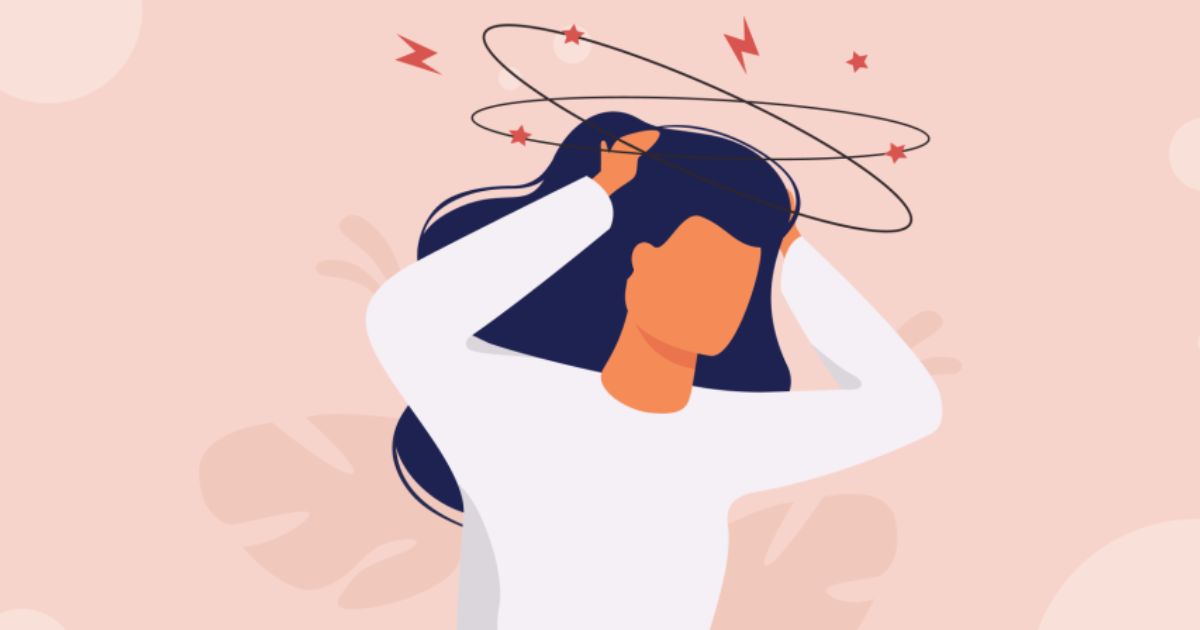Stress, often perceived as a mental or emotional challenge, is now under scrutiny for its surprising and extensive effects on the entire body, according to a study by Maeghan Dolph.
While the common association with stress is psychological strain, this research emphasizes the profound physical repercussions that stress can unleash.
The body’s response to stress involves intricate changes in hormone and chemical secretions, predominantly orchestrated by the adrenal gland situated atop the kidneys. These secretions, essential for the body’s survival in the short term, become problematic when stress persists over an extended period.
Cortisol, identified as the primary stress hormone, plays a pivotal role in inhibiting processes that might interfere with the body’s “fight-or-flight” response. This hormone alters immune system reactions and disrupts the proper functioning of digestive, reproductive, and growth-related systems.
The Hidden Impact of Stress on Your Body
Stress’s impact on the digestive system is particularly noteworthy, contributing to a spectrum of issues from stomach discomfort and indigestion to more severe conditions like irritable bowel syndrome (IBS). Furthermore, stress can disrupt eating patterns, leading to episodes of overeating or undereating and contributing to fluctuations in body weight.
Beyond the digestive system, stress manifests in the skin, exacerbating conditions such as acne, psoriasis, and eczema. Allergic reactions triggered by stress can result in uncomfortable skin issues like hives.
Chronic stress extends its influence on cardiovascular health, elevating the risk of heart disease, hypertension, and atherosclerosis. Stress hormones, notably cortisol, have the capacity to increase blood pressure and promote inflammation within blood vessels.
For women, stress induces a reduction in the production of estrogen and progesterone while elevating cortisol levels. This hormonal shift can lead to erratic and uncomfortable menstrual cycles, impacting emotional well-being and libido. In men, stress prompts a decline in testosterone levels and an increase in cortisol, resulting in fatigue and a significant decrease in sexual desire.
The study emphasizes lifestyle interventions as crucial in managing stress, with physical activity standing out as the most effective way to mitigate stress and lower cortisol levels.
Recommendations include avoiding non-urgent emails and calls, taking breaks, and practicing relaxation techniques. Adopting a balanced, nutritious diet and avoiding smoking, alcohol consumption, or recreational drug use are fundamental steps to reduce stress.
While these interventions prove beneficial, the study underscores the importance of seeking professional guidance if stress significantly impacts overall health and quality of life. Healthcare professionals can offer personalized advice and solutions based on an individual’s medical history and unique circumstances.
In conclusion, stress management techniques such as meditation and exercise, combined with professional support, can help mitigate the surprising and often detrimental effects of stress on the body.
This research prompts a reevaluation of the perception of stress solely as a mental challenge, highlighting the need for a holistic approach to well-being that addresses both mental and physical aspects.








Leave a Reply
You must be logged in to post a comment.